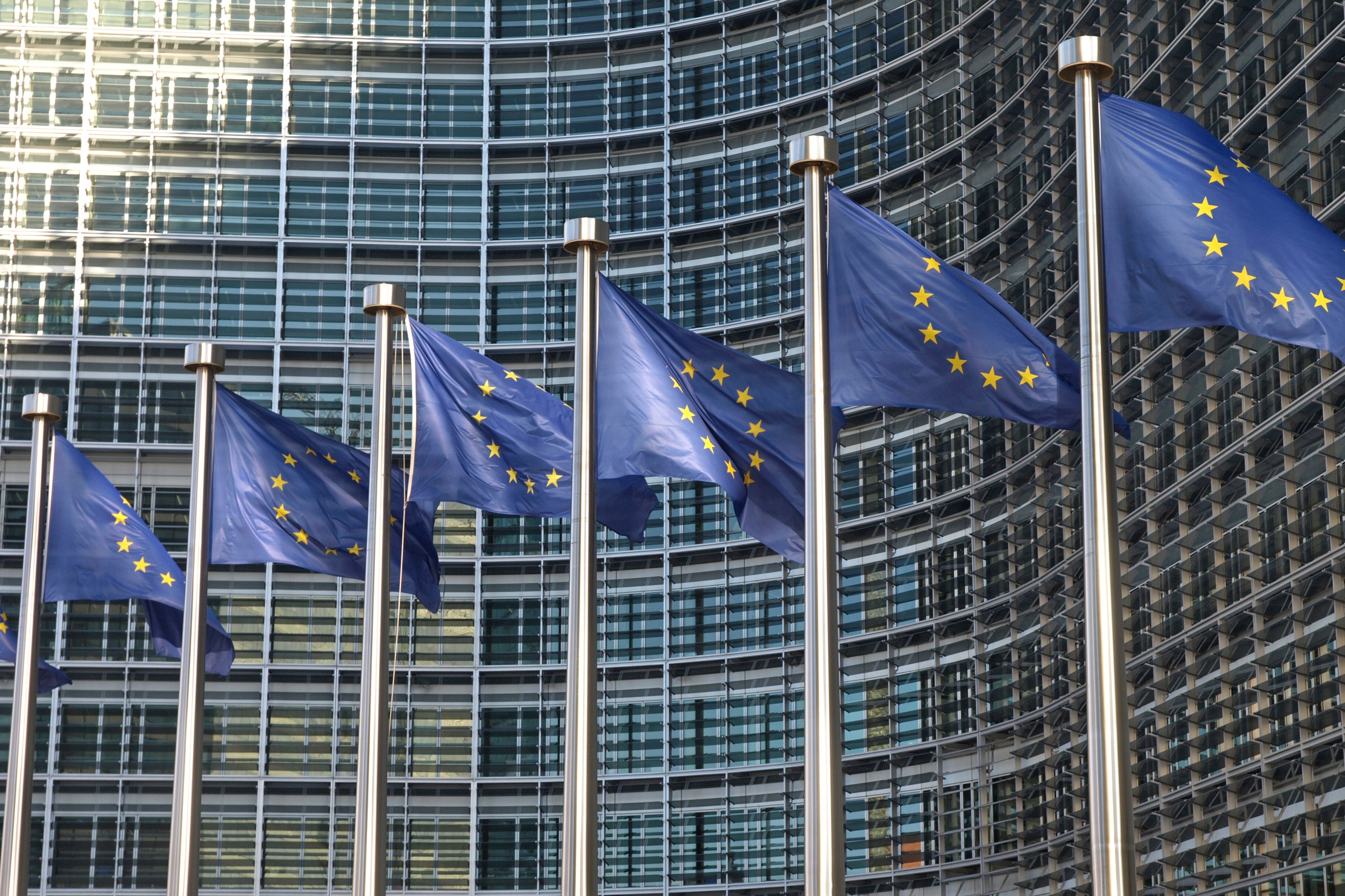Samsung, Philips and Infineon fined over chip price fixing by EU
€138 million fine for chip company cartel


The European Commission has handed chip manufacturing companies a 138 million fine after finding them guilty of running a decade-long cartel on smart card chips.
The investigation found that Infineon, Philips and Samsung colluded to maintain the price of chips for smart cards. Also implicated was Renesas, a former joint venture between Hitachi and Mitsubishi, however this organisation was granted immunity from prosecution after blowing the whistle on the deal.
The European Commissioner in charge of competition policy, Joaquin Almunia, said: "In this digital era smart card chips are used by almost everybody, whether in their mobile phones, bank cards or passports.
"It is crucial that the companies producing them focus their efforts on how to outperform their competitors by innovating and providing the best products at the most attractive prices. If instead companies choose to collude, at the expense of both customers and end consumers, they should expect sanctions," he said in a statement.
According to the Commisssion, the companies involved in the cartel "colluded through a network of bilateral contacts in order to determine their respective responses to customers' requests to lower prices".
They discussed and exchanged sensitive commercial information on pricing, customers, contract negotiations, production capacity or capacity utilisation and their future market conduct.
It said collusion of the type breaches Article 101 of the Treaty on the Functioning of the European Union (TFEU) and Article 53 of the Agreement on the European Economic Area (EEA), which prohibit cartels and restrictive business practices.
Sign up today and you will receive a free copy of our Future Focus 2025 report - the leading guidance on AI, cybersecurity and other IT challenges as per 700+ senior executives
Samsung had managed to get a 30 per cent reduction in its fine by cooperating with the investigation. Infineon was fined 82.7 million and Philips 20.1 million.
Infineon and Philips both rejected the charges and vowed to appeal the decision.
Rene Millman is a freelance writer and broadcaster who covers cybersecurity, AI, IoT, and the cloud. He also works as a contributing analyst at GigaOm and has previously worked as an analyst for Gartner covering the infrastructure market. He has made numerous television appearances to give his views and expertise on technology trends and companies that affect and shape our lives. You can follow Rene Millman on Twitter.
-
 Phantom firms: The rise of fraudulent cybersecurity vendors
Phantom firms: The rise of fraudulent cybersecurity vendorsIndustry Insights Channel partners need systematic vendor vetting to combat rising phantom firm scams
-
 Snowflake and OpenAI are teaming up to help enterprises capitalize on their "most valuable asset"
Snowflake and OpenAI are teaming up to help enterprises capitalize on their "most valuable asset"News OpenAI models and tools will now be embedded within the Snowflake Intelligence and Cortex platforms
-
 European Commission approves data flows with UK for another six years
European Commission approves data flows with UK for another six yearsNews The European Commission says the UK can have seamless data flows for another six years despite recent rule changes
-
 Three things you need to know about the EU Data Act ahead of this week's big compliance deadline
Three things you need to know about the EU Data Act ahead of this week's big compliance deadlineNews A host of key provisions in the EU Data Act will come into effect on 12 September, and there’s a lot for businesses to unpack.
-
 The second enforcement deadline for the EU AI Act is approaching – here’s what businesses need to know about the General-Purpose AI Code of Practice
The second enforcement deadline for the EU AI Act is approaching – here’s what businesses need to know about the General-Purpose AI Code of PracticeNews General-purpose AI model providers will face heightened scrutiny
-
 Meta isn’t playing ball with the EU on the AI Act
Meta isn’t playing ball with the EU on the AI ActNews Europe is 'heading down the wrong path on AI', according to Meta, with the company accusing the EU of overreach
-
 ‘Confusing for developers and bad for users’: Apple launches appeal over ‘unprecedented’ EU fine
‘Confusing for developers and bad for users’: Apple launches appeal over ‘unprecedented’ EU fineNews Apple is pushing back against new app store rules imposed by the European Commission, suggesting a €500m fine is a step too far.
-
 Apple, Meta hit back at EU after landmark DMA fines
Apple, Meta hit back at EU after landmark DMA finesNews The European Commission has issued its first penalties under the EU Digital Markets Act (DMA), fining Apple €500 million and Meta €200m.
-
 ‘Europe could do it, but it's chosen not to do it’: Eric Schmidt thinks EU regulation will stifle AI innovation – but Britain has a huge opportunity
‘Europe could do it, but it's chosen not to do it’: Eric Schmidt thinks EU regulation will stifle AI innovation – but Britain has a huge opportunityNews Former Google CEO Eric Schmidt believes EU AI regulation is hampering innovation in the region and placing enterprises at a disadvantage.
-
 The EU just shelved its AI liability directive
The EU just shelved its AI liability directiveNews The European Commission has scrapped plans to introduce the AI Liability Directive aimed at protecting consumers from harmful AI systems.
